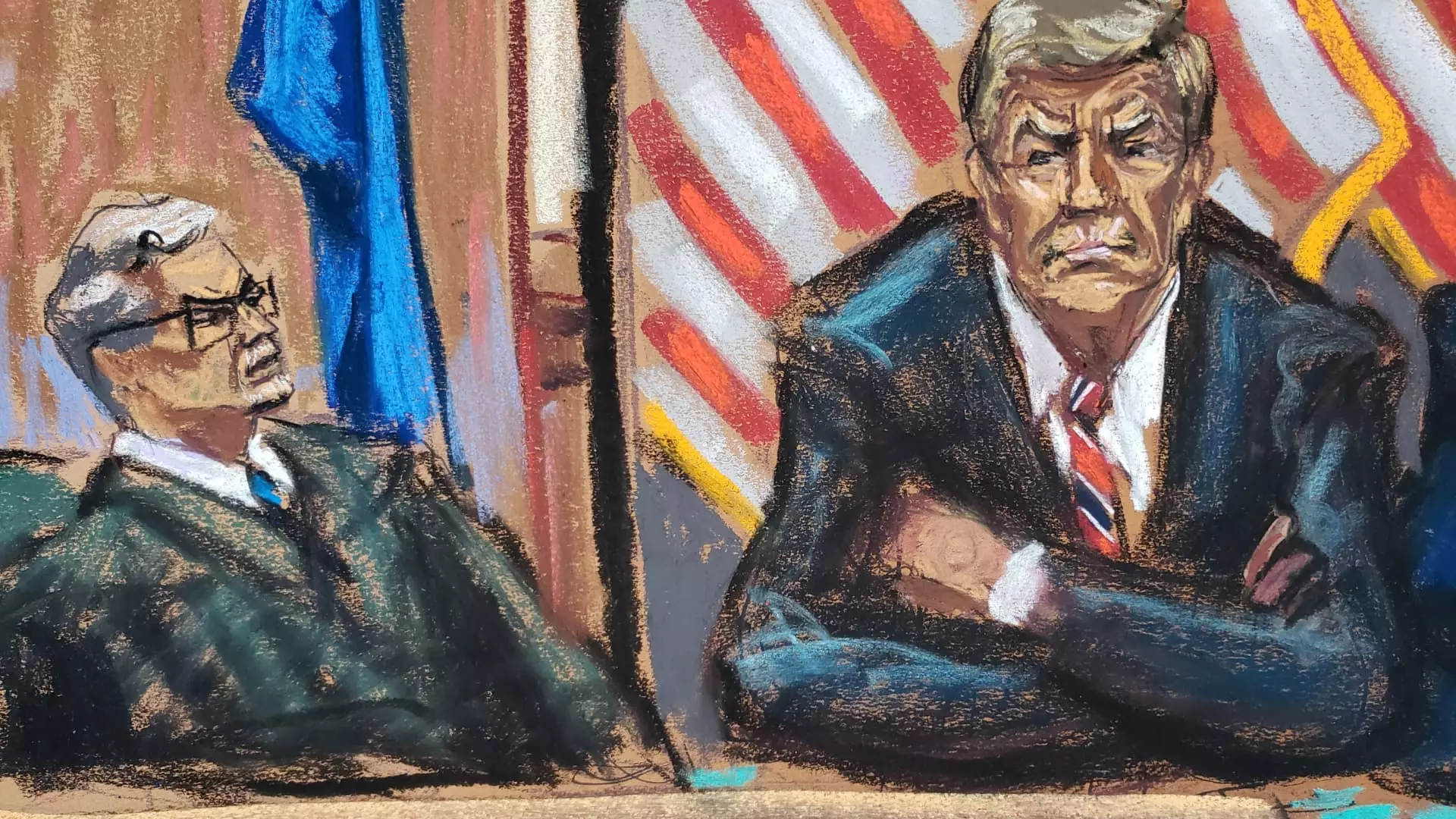In a notable ruling delay, a New York judge has postponed the decision surrounding President-elect Donald Trump’s criminal case involving hush money payments. Initially set to address the matter on a Tuesday, Judge Juan Merchan’s decision has now been pushed back to November 19. This postponement emerged after the Manhattan district attorney’s office sought additional time to evaluate the implications of Trump’s recent electoral victory on the ongoing proceedings. Trump’s legal team is currently advocating for the dismissal of the case that revolves around 34 counts of falsifying business records—a direct consequence of hush money paid to adult film actress Stormy Daniels shortly before the 2016 election.
The legal tug-of-war intensified after the U.S. Supreme Court ruled in favor of granting former presidents presumptive immunity for acts conducted while in office. This ruling has cast a shadow over Trump’s legal predicament, prompting his attorneys to seek a dismissal of the case based on this perceived immunity. In response, District Attorney Alvin Bragg contended that the Supreme Court’s decision does not affect the legitimacy of Trump’s conviction related to the hush money case.
This contradictory positioning of legal interpretations highlights the complexities at play, accentuating the fine line between personal accountability and the implications of a president’s electoral actions.
The interplay between judicial processes and political obligations underscores significant questions regarding a leader’s ability to govern effectively when encumbered by legal challenges. Trump’s attorneys have expressed concerns that proceeding with legal matters can impede the functionality of a sitting president. In this context, the deadline postponement reflects the recognition of upfront challenges posed by ongoing investigations, raising critical discussions about the balance between accountability and governance.
The mention of “unprecedented circumstances” by the prosecutor, Matthew Colangelo, reveals the unique environment in which these legal battles occur, where the judiciary must navigate uncharted territory impacted by the executive’s status. This scenario emphasizes the significant implications these legal challenges may yield, not just for Trump personally, but also for the broader political landscape as it may influence his decisions and authority.
Given the intricacies surrounding this case, the forthcoming hearings promise to be a contentious battleground where legal precedent and political dynamics converge. Trump’s legal team continues to assert that a halt in legal proceedings is essential to preventing unconstitutional barriers to governmental leadership. The court’s decision to grant a temporary reprieve signifies an acknowledgment of this potential conflict, revealing the courts’ careful navigation through politically charged waters.
As the judicial system readies itself for further evaluation in the wake of significant electoral outcomes, the ramifications on governance and judicial intent remain a contentious topic of discussion. The careful consideration and systemic evaluation of these complex matters will not only define Trump’s presidency but could potentially shape the legal frameworks governing future interactions between the judiciary and the executive branch.



Leave a Reply